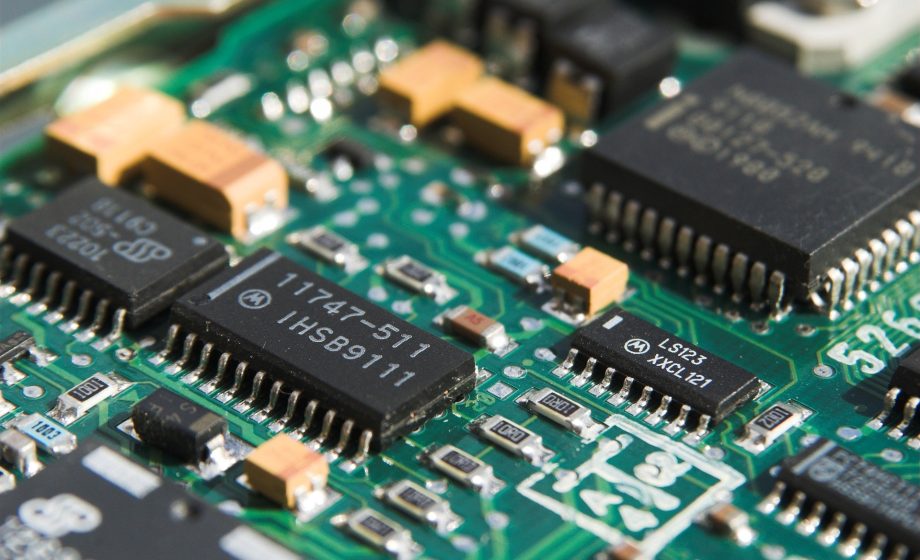Nancy Pelosi, the US House Speaker may have left Taiwan, but her visit has shown a spotlight on Taiwan’s significant role in the world chip supply chain, particularly on the globe’s highest chipmaker, TSMC (Taiwan Semiconductor Manufacturing Co).
The controversial visit, which angered China, saw Pelosi meet with Mark Liu, the TSMC Chairman. The meeting indicated how vital semiconductors are to US national security and the firm’s role in making the most premium chips.
Semiconductors enter everything in the US, from cars to smartphones and refrigerators. They’ve become a part of the US and China’s rivalry in technology in recent years. Just recently, a semiconductor shortage caused the US to try catching up with Asia and overtake China in the sector.
On Wednesday, Reema Bhattacharya, head of Asia research at Verisk Maplecroft, said, “Taiwan’s unresolved diplomatic status will remain a source of intense geopolitical uncertainty. Even Pelosi’s trip underlines how important Taiwan is for both countries.”
He added, “The obvious reason being its crucial strategic importance as a chip manufacturer and in the global semiconductor supply chain.”
Pelosi’s visit and meeting with TSMC show that the US can’t do the work alone. It’ll need joint efforts with Asian firms that headline the major cutting-edge chips.
What’s TSMC’s important role?
TSMC produces chips that other firms design. It has many clients, from Nvidia to Apple, including some biggest technology companies globally.
When the US fell behind in chip production in the last 15 years, firms like TSMC and Samsung Electronics in South Korea improved on their cutting-edge chip-making techniques.
Even though they still depend on technologies from the US and Europe, TSMC has, in particular, tried to cement its status as the leading chipmaker globally.
According to Counterpoint Research, it now accounts for 54% of the world’s global foundry industry market. Taiwan alone accounts for ⅔ of the world foundry market when considering TSMC with other players such as Vanguard and UMC.
This indicates the relevance of Taiwan in the semiconductor market internationally. If one adds Samsung into the equation, it shows that Asia is dominating the chip-making industry.
All these made Pelosi meet with the TSMC’s chairman.
Fears China may nationalize TSMC
There have been concerns that the invasion of Taiwan by China can affect the global chip market power structure. Also, there’s a fear that an invasion can cut off the supply of cutting-edge chips to other parts of the world.
This fear is supported by Abishur Prakash, the co-founder of an advisory company, the Center for Innovating the Future. He said, “Most likely, the Chinese would ‘nationalize it,’ (TSMC) and begin integrating the company, and its technology, into its semiconductor industry.”
Meanwhile, TSMC’s Liu has told CNN that the invasion of Taiwan by Beijing will render the company “not operable.” And that nobody can forcefully control TSMC.

